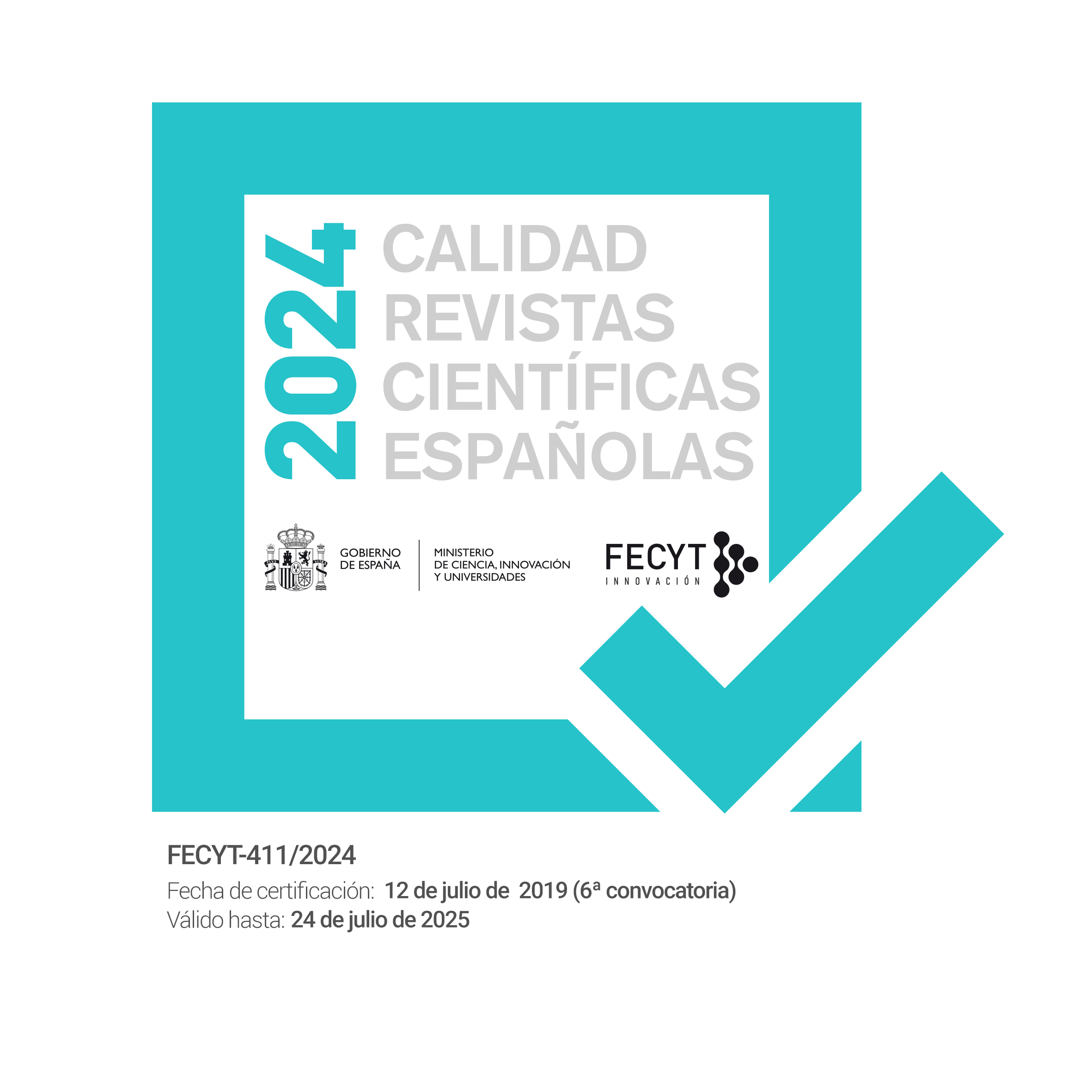The Knights of Malta, 1530-1798: Aspects of military-religious masculinity
DOI:
https://doi.org/10.53351/ruhm.v8i17.569Palabras clave:
Hospitallers, investiture, gender, swords, engineersResumen
The Hospitaller knights of the Order of St John (of Malta) are often represented in heroic poses that easily recall the image of the knight in shining armour. Yet their status was very particular. They were religious knights, but not bound to a monastic cloistered life. They hailed from the cream of European nobility, yet were expected to be loyal to their Order, while often being called to serve European sovereigns. There was a particular ‘Hospitaller gender regime’ which was dictated by the very act of belonging to the Order, but this was a multi-faceted organism. This paper will explore this regime through a study of ideas related to war, masculinity, swords, and military engineers, within the context of the Order of Malta. It will start with a discussion of how the conferment upon an individual of the Hospitaller habit – generally through an elaborate investiture ceremony – marked a point of transition for that individual, from a boy to a man, and a Knight of St John. During this ritual, a number of objects were used to animate this process, most prominent of which was the sword. Some Hospitallers, then, experienced the reverse procedure, the ritual of being defrocked of their habit as a result of some grave offence. Here again, masculine ideals were exhibited in highlighting one’s downfall from grace into infamy. While these procedures were symbolic, they were reflective of the realities experienced by members of the Order. The way Hospitallers related to weapons, swords in particular, said a lot about their cultural make-up. Furthermore, the role of military engineers employed by the Order, and who often were or became members of the institution during their service to the Order, is explored here by way of illustrating the variety of manifestations of masculinity in a noble military-religious-hospitaller institution like the Order of St John.
Descargas
Descargas
Publicado
Número
Sección
Licencia
Derechos de autor 2019 Revista Universitaria de Historia Militar

Esta obra está bajo una licencia internacional Creative Commons Atribución-NoComercial-SinDerivadas 4.0.
Licencia Creative Commons Atribución-NoComercial-SinDerivar 4.0 Internacional
Esto es un resumen legible (y no un sustitutivo) de la licencia.
Usted es libre para:
Bajo los siguientes términos:
-
Atribución — Usted debe darle crédito a esta obra de manera adecuada, proporcionando un enlace a la licencia, e indicando si se han realizado cambios. Puede hacerlo en cualquier forma razonable, pero no de forma tal que sugiera que usted o su uso tienen el apoyo del licenciante.
-
NoComercial — Usted no puede hacer uso del material con fines comerciales.
-
Sin Derivar — Si usted mezcla, transforma o crea nuevo material a partir de esta obra, usted no podrá distribuir el material modificado.
No hay restricciones adicionales — Usted no puede aplicar términos legales ni medidas tecnológicas que restrinjan legalmente a otros hacer cualquier uso permitido por la licencia.








